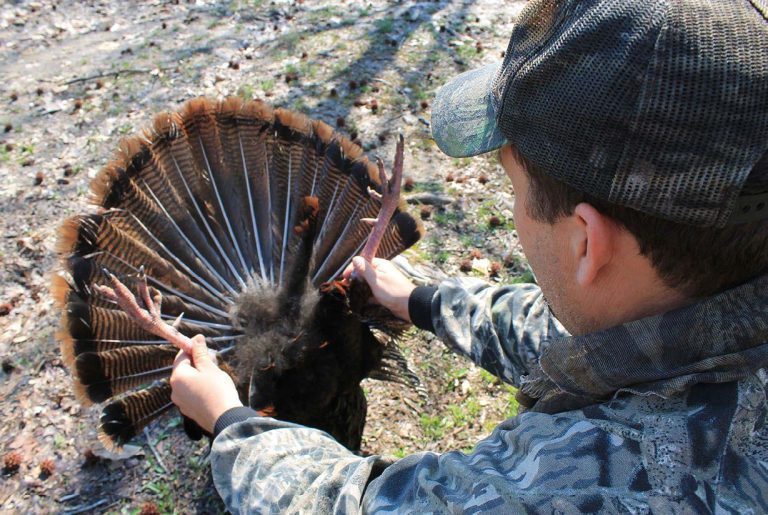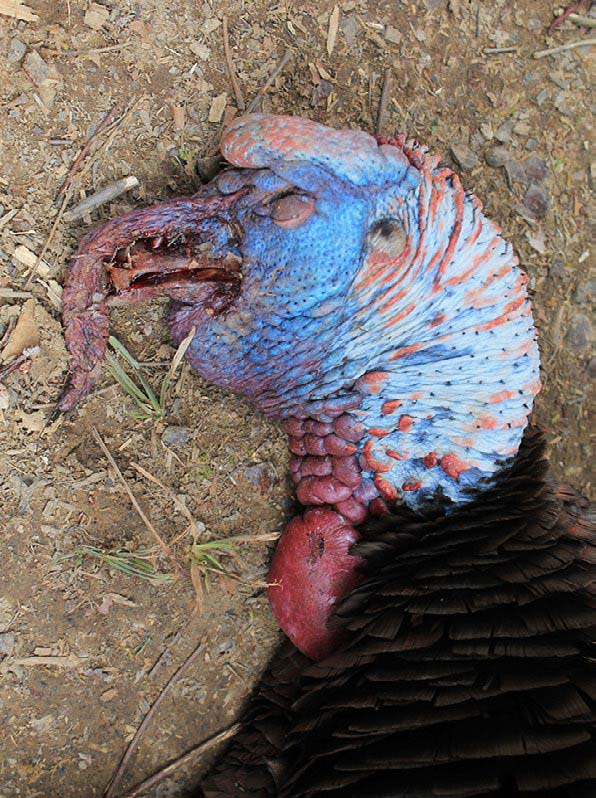A look inside being a good mentor when introducing new turkey hunters to the outdoors
The responsibility of creating new hunters is one we all bear. If you enjoy the outdoors, it’s your job to pass it on and pass along what it means to be a turkey hunter. Fail to do that, and hunter numbers continue to decline.
Before delving too deep, though, who is a mentor, and who is a mentee? According to the Wisconsin Department of Natural Resources a mentee is any person under the age of 12, or any person who has not completed a required hunter education course and is not exempt from the requirement. Also, a mentor is an individual who is 18 or older, is the mentee’s parent or guardian or has the permission of the mentee’s parent or guardian (does not apply to those 18 or older) and has completed a required hunter education course (or is otherwise exempt from the requirement). With that definition, consider following these steps when mentoring a turkey hunter.
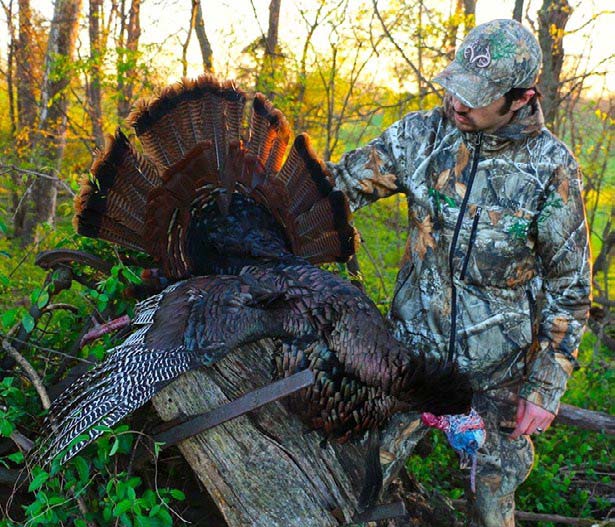
Start with Purpose and Commitment
Those who plan to mentor a new turkey hunter should think about why they are doing so. It’s important to start this process with purpose and commitment. Know why you are mentoring a hunter, realize it takes months if not years to accomplish, and that commitment is crucial. Do not leave a mentee mid-journey.
Follow State Guidelines
Every state is different in its requirements, but there are almost always guidelines when mentoring a new hunter. Common requirements include having a valid hunting license, must remain within reach of the mentee’s firearm, can only mentor one mentee at a time, and more. Follow all state and local regulations. Here is a list by STATE of hunting requirements.
Help Them Take a Hunter’s Education Course
Mentees should complete a hunter’s education course prior to going hunting, even if not required by law. This will help learn basic safety and proper handling of firearms and other hunting tools. These are very important pre-hunt lessons to learn.
Facilitate a Learn-to-Hunt Program Opportunity
There are numerous learn-to-hunt programs throughout the country. Helping a mentee get linked up with these opportunities is an excellent way to equip them with the necessary resources in a professional setting.
Introduce Them to Local Conservation Groups
Large conservation groups have the resources of a national organization with the grassroot aspect of local feel. Helping new turkey hunters engage with these resources gives them another element of involvement in the outdoors.
Double-Check Licenses and Permits
Oftentimes, new hunters aren’t completely aware of everything they need. Depending on the state, age, game species, public vs. private land, and other considerations, it all impacts what licenses and permits are needed. It can be quite confusing, especially for a new hunter. Mentors should double-check these to be sure they have the right documents.
Stress Safety Concerns
Hunting generally isn’t dangerous unless hunters aren’t being aware, cautious, and careful. When mentors stress safety concerns, identify things to be aware of, and look out for everyone involved, the mentee realizes the magnitude and subscribes to the utmost safety effort.
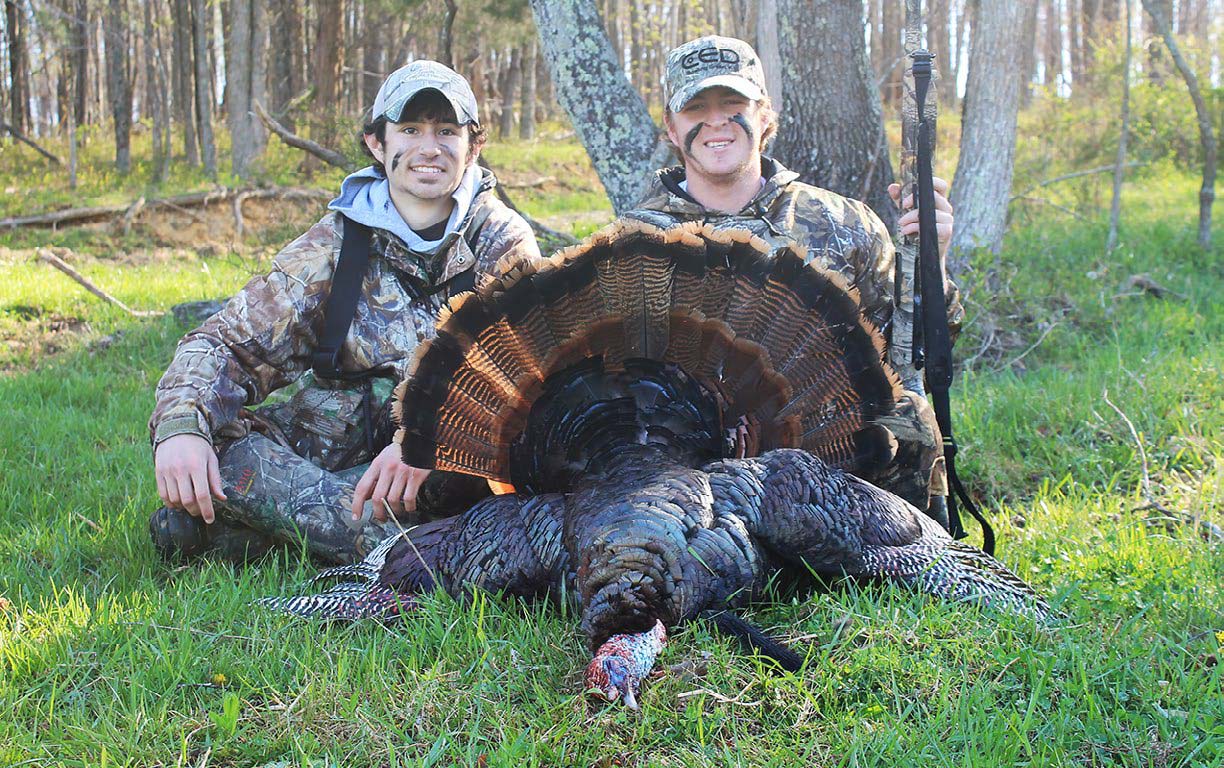
Donate or Loan Out Some Hunting Gear
Most mentees don’t have hunting gear. If they do, it’s likely a fraction of what they need to feel well-equipped. Mentors who’ve amassed hunting gear can gift hunters or loan out what mentees need until they can purchase it on their own.
Teach Them Archery or Shotgun Skills
New hunters should know how to use their hunting weapon of choice. Being proficient is vital for safety. It’s also necessary for making quick, clean, ethical shots on game. The animals we hunt deserve that. Educate turkey hunters on how to use a compound bow, crossbow, or shotgun.
Practice Real Hunting Scenarios
Hunting is very situational, and rarely do hunts play out the same way. Still, it’s important to game plan for things that are more likely to occur during the hunt. Practicing real hunting scenarios is a great way to do that.
Make It an Enjoyable Experience
Hunting is supposed to be fun. While it’s important to convey the seriousness of safety, and that of taking an animal’s life is no laughing matter, don’t be humdrum. Allow for the proper amount of fun and gravity. This is the true nature of hunting, after all.
Teach Patience and Persistence
Successful hunters express many different virtues. Two of these are patience and persistence. When hunters routinely display these, they are both patient enough for game to come to them, and persistent enough to push through the adversity that will inevitably come.
Educate Them on Turkey Behaviors
Good hunters are very in tune with the game they pursue. Educating mentees helps them understand what, when, where, and how turkeys behave. Then, teaching them how to respond to these situations produces mental awareness and a tactical playbook to bank on in the future.
Take Them to a Good Hunting Spot
Nothing snuffs out an interest in hunting like repeated poor hunts. They don’t have to fill a tag for it to be successful, but if they go time after time without seeing or hearing wildlife, they’ll get bored quickly. Instead, take them to a good hunting spot where they can at least see and hear the presence of wildlife.
Showcase the Scouting Process
While in the field, go through the various steps in scouting wild turkeys. From glassing from afar, to running trail cameras, to putting boots on the ground and finding sign, showcase the entire scouting process.
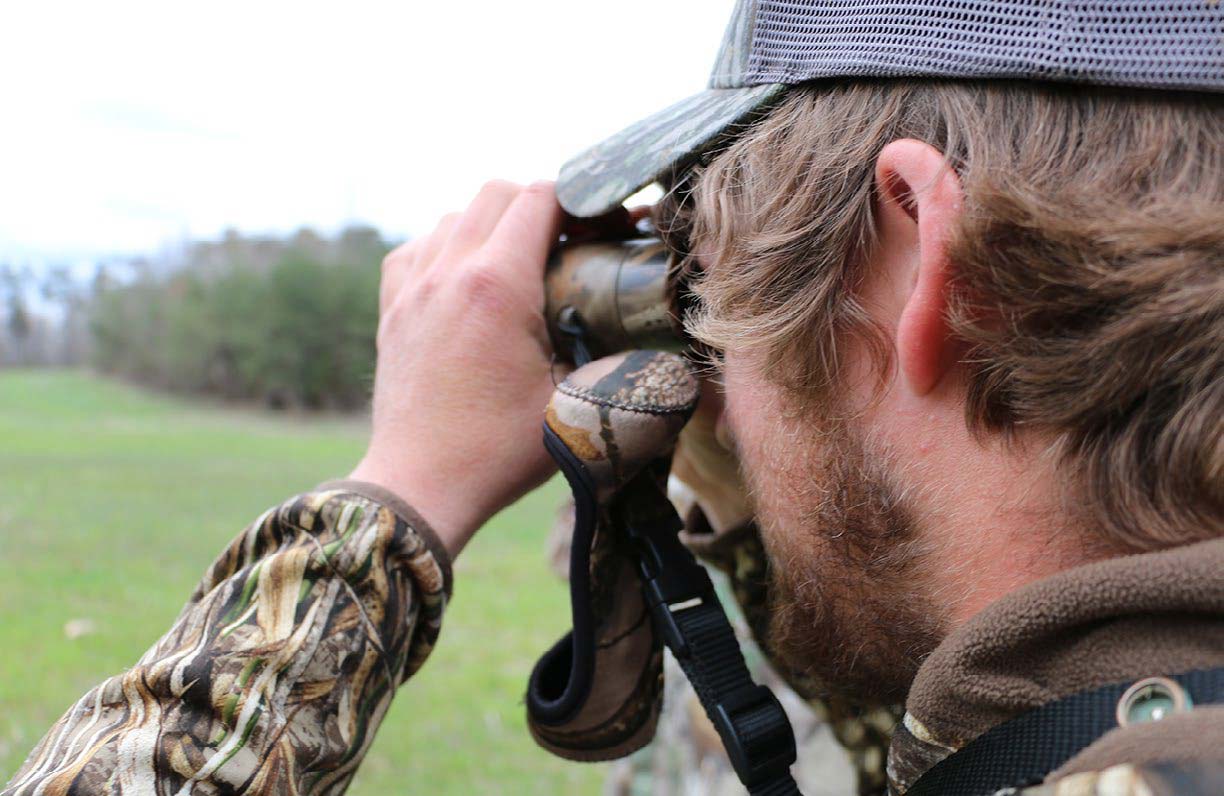
Educate Them on Patterning Turkeys
Scouting turkeys is the process used to pattern the local birds. Helping the mentee understand that connection is a significant way to help elevate their hunting knowledge and effectiveness. Making the mental link between how to close the distance on turkeys is a must-learn lesson.
Educate Them on Calling Turkeys
Calling turkeys as an intricate part of hunting them. Learning each of the best turkey calls, as well as when and how to use each one will improve any turkey hunter’s chance at success.
Share That Failure Is Common in Hunting
Hunting is full of failure. Hunters walk away empty-handed more times than not. Not getting a shot off, or filling a tag, is very common in hunting. It’s crucial for newcomers to understand that, but to have the mental fortitude to push through it to find success.
Analyze Wild Turkey Anatomy
Knowing where to aim on a turkey is an important aspect of hunting ethics. Analyzing the makeup of wild turkey anatomy helps the mentee know with confidence where to shoot the bird. With a shotgun, that’s the head and neck region. With a bow, it can be the neck or body, projectile and point depending.
Stress the Gravity of Harvesting an Animal
Taking the life of a wild turkey, or any animal, is no small thing. It’s crucial to respect the animals that supply us with food. Therefore, stress the gravity of harvesting an animal so the new hunter realizes it isn’t just some whimsical act.
Teach Wild Turkey Processing
With a turkey in hand, the mentee will likely need instruction on processing the bird. Take the opportunity to teach wild turkey processing. Instilling proper meat care will help them maximize the quantity and quality of fresh meat to enjoy.
Share Your Best Wild Turkey Recipes
Don’t keep the good recipes secret. Share these with your new hunting buddy. Helping them enjoy their hard-earned turkey meat can foster a significant interest in securing wild game meat in the future. Some great recipe examples HERE.
Help Them Find Their Own Hunting Property
It takes months, and more often, years, for a hunter to become self-sufficient. But they can’t even try if they don’t have their own place to go hunting. Because of this, help them find their own hunting property. Focus on either private or public lands, situation depending.
All things considered, mentoring a turkey hunter isn’t easy. It takes a significant amount of time, patience, and set of skills to be a good, effective mentor. Fortunately, turkey hunting is the perfect way to introduce someone to the outdoors. So, keep these things in mind as you introduce new turkey hunters to the outdoors.
Ways to Be a Bad Turkey Hunting Mentor
There are numerous ways to be a bad turkey hunting mentor. Some of these that hunters should certainly avoid include:
- Being lazy and unproductive.
- Arriving late to meetup times.
- Appearing too good to complete minuscule tasks.
- Being all talk but not backing it up.
- Constantly bragging about things.
- Pranking way more than you should.
- Trying to save the best spots for themselves.
- Bullying, or even overly teasing, surrounding people.
- Trying to always be the camp boss.
- Leaving a mess everywhere.
- Not sharing some gear with the new hunter.
- Acting way too high-maintenance.
- Being a bad shot.
- Being a bad teacher.
- Being far too cheap to host new hunters.
- Snoring way too loudly, and too much, in hunting camp.
- Discharging far too many toot clouds.
- Routinely expressing a bad or whiny attitude.
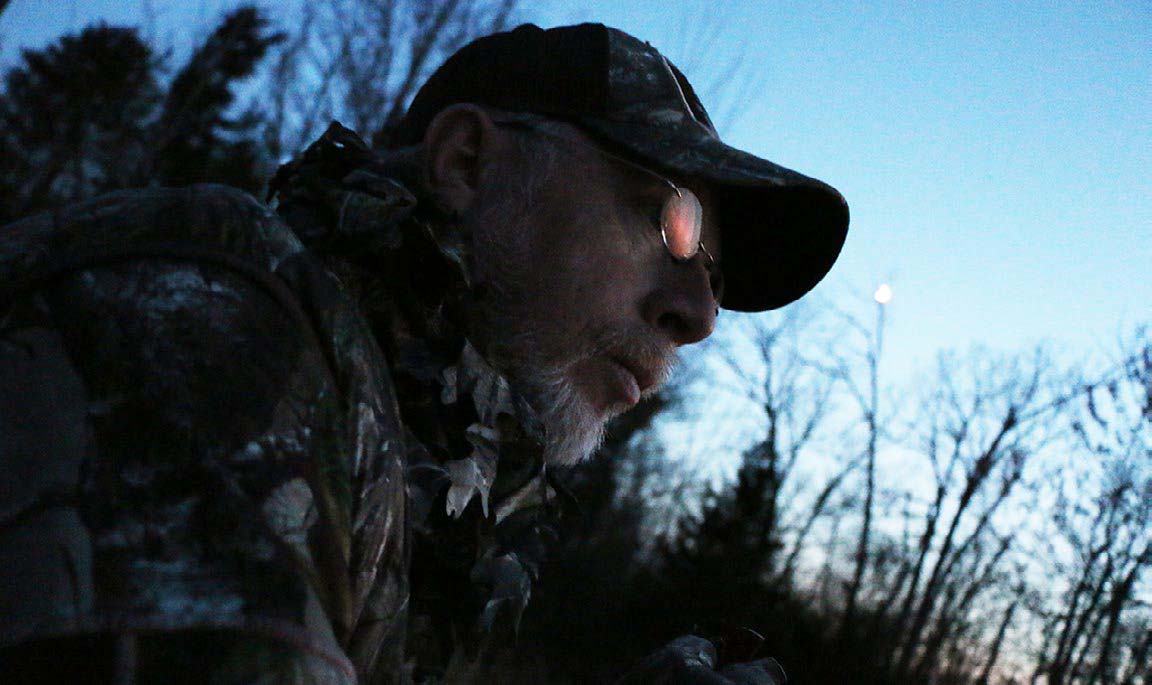
Great Colleges for Turkey Hunters
There are numerous colleges for wild turkey enthusiasts. Some of these have produced excellent wild turkey biologists. Others merely exist within driving distance of some great turkey hunting.
- Auburn University (AU)
- Colorado State University (CSU)
- Eastern Kentucky University (EKU)
- Mississippi State University (MSU)
- Murray State University (MSU)
- South Dakota State University (SDSU)
- Texas A&M University (TAMU)
- University of Florida (UF)
- University of Georgia (UG)
- University of Maine (UM)
- University of Wisconsin-Madison (UWM)
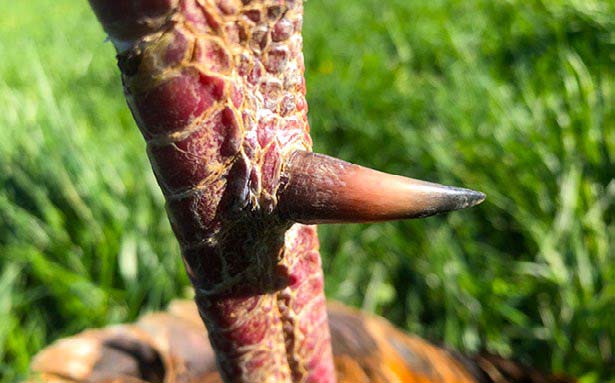
Introduce a Minority to Turkey Hunting
It’s no secret that hunting is largely a Caucasian pastime. About 95% of hunters are white, followed by Hispanics (3%), African Americans (1%), and Asians (1%). Minorities share numerous reasons for not hunting, including the false perception of hunting; no one to take them; nowhere to go hunting; long drives to public lands; living urban lifestyles; vast cultural differences; and more.
“Access, or lack thereof, is often cited as the No. 1 reason,” said Bee Frederick with the Congressional Sportsmen’s Foundation. “Access to private land is much harder to come by these days than it was 50 years ago. This is a significant policy issue, especially east of the Mississippi River where there is less public land hunting.
Fortunately, there are things that can be done on large-scale levels to introduce more minorities to hunting. These include hiring minority hunters to recruit other minorities; creating hunter recruitment programs focused on minorities; offering species events for minorities; increasing minority involvement in outdoor media; hosting wild game dinners; and more. On the individual level, hunters introduce the outdoors to minorities they already know; share that there are other minority hunters (https://uaotv.com/); showcase minority-focused hunting organizations (https://africanamericanhuntingassociation.com/); focus on the food aspect of hunting; and more.
Per our affiliate disclosure, we may earn revenue from the products available on this page. To learn more about how we test gear, click here.



